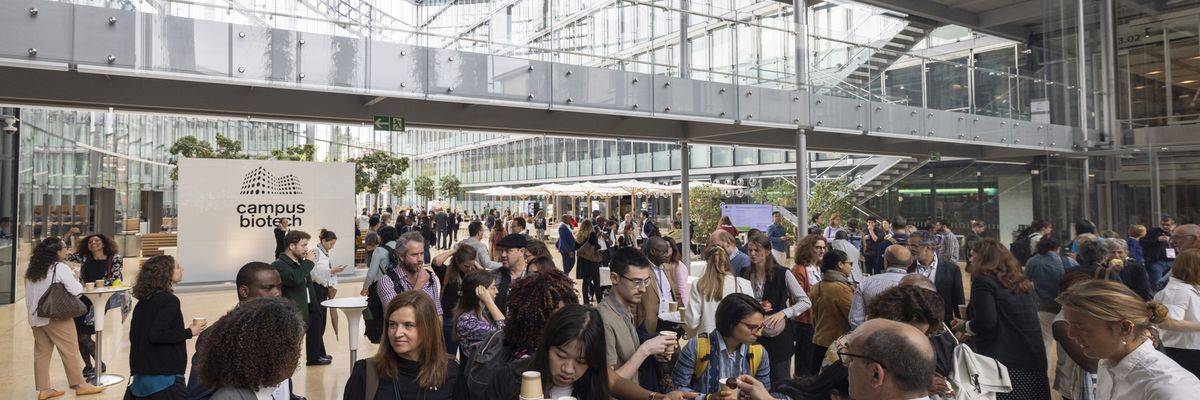Reach

.
Each year, more than 300,000 people die from rheumatic heart disease (RHD). The burden is greatest in the most productive years of life for those who can least afford it. The absolute burden of disease, the social effect, economic cost and the abject inequality of RHD demand urgent global action.
Almost exclusively, the people who die of RHD live in low- and middle-income countries or in vulnerable communities in high-income countries. Their deaths are preventable with medical knowledge and antibiotics which have existed for more than half a century. In high resource settings socioeconomic and medical determinants have functionally eradicated RHD. Yet preventing, diagnosing and treating RF and RHD remains a fitful struggle in low resource settings. Death and disability from RHD continues to extract an enormous social, economic and cultural toll on young adults and their communities.
Reach’s mission is to promote the health of vulnerable populations through technical support to local, regional and global efforts to prevent and control rheumatic fever and rheumatic heart disease.
Reach provides technical support and policy translation to amplify rheumatic heart disease control efforts locally, regionally and globally. As an organisation we aim to identify, describe and disseminate solutions for this neglected disease and to reduce the burden on vulnerable populations around the world. As a collaborative organization, we partner with a broad range of stakeholders – including clinicians, other disease communities, academics, donors, governments, industry and people living with RHD – to achieve our common goals.
Global control of rheumatic fever (RF) and rheumatic heart disease (RHD) is eminently achievable. Comprehensive register-based programmes have already effectively reduced the burden of rheumatic fever and rheumatic heart disease (RF/RHD) at a reasonable cost in disparate geographic settings. The drugs and technology needed for successful control programmes date from the 1950s yet remain inaccessible to many in need.
Although understanding of the interplay between RF/RHD, health delivery and socioeconomic development remains imperfect there is enough knowledge to make a real difference to disease burden - today.
Clinicians, researchers, governments, civil society groups and funding agencies have been working to tackle specific aspects of RF/RHD prevention and control. However, current efforts are often fragmented, not implemented at scale, not embedded within government structures and lack sustainable funding. Several organizations have sought to address these gaps. The passing of a World Health Organization Resolution on RF & RHD in 2018 and increasing expressions of demand for technical support from high-burden countries, signal that urgent action is needed now to scale up these efforts and provide the technical support to make an RHD free world a reality.
Reach means Rheumatic Heart Disease Evidence Advocacy Communication Hope
The headquarter of Reach is in Geneva.
.
- Partnership, alliance, network or initiative
.
- Non-communicable diseases
.
- Community mobilization
- Policy brief or recommendation of good practices
.
- Mainly international
.




